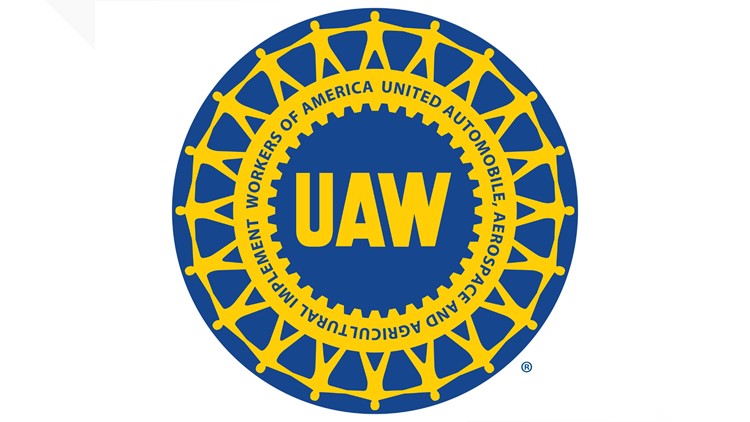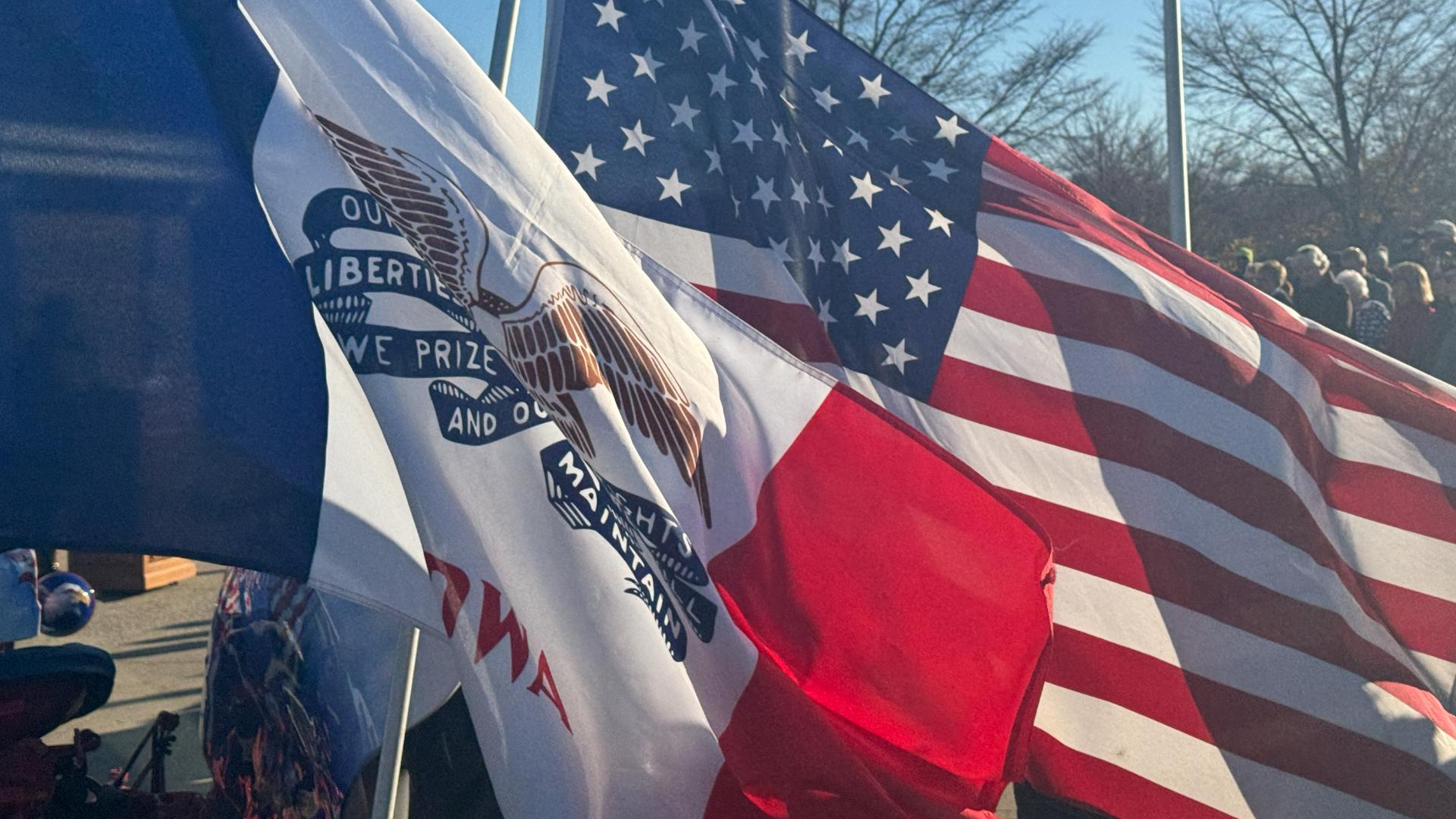DES MOINES, Iowa — Organized labor unions have a rich history in the United States, and United Auto Workers, or UAW, is just one of many organizations.
UAW's history dates back to the early 1900s when Henry Ford launched his assembly line to mass-produce automobiles. Workers found the work to be hard. and they had almost no safety protections.
Ford employees tried to organize for better working conditions and pay, but they didn't have any luck.
In 1935, President Franklin Roosevelt signed the Wagner Act requiring employers to recognize and bargain with organized unions. Shortly after, UAW was formed in Detroit, Michigan.
A year later, UAW members went on strike at General Motors and were finally recognized as a legitimate union.
More on the John Deere worker strike
- 'The strike is the test of the power relationship': Loyola professor says John Deere strike could impact Iowa communities
- Donations pour in for striking John Deere workers, some coming from out of state
- TEAM COVERAGE | UAW workers now on strike at John Deere for first time since 1986
- Grassley, Reynolds react to John Deere worker strike
The UAW helped workers get better pay and pensions through the 1940s and 1950s. However, membership declined in the 1970s with automation, decreased use of labor and global market competition.
Today, UAW members work in industries like auto parts, health care, agriculture, aerospace and more.
Being a member of UAW gives workers protection when issues arise at their jobs, like when new contracts are negotiated. Workers also pay dues out of their paychecks to be a member.
Watch more John Deere strike coverage on Local 5's YouTube channel



